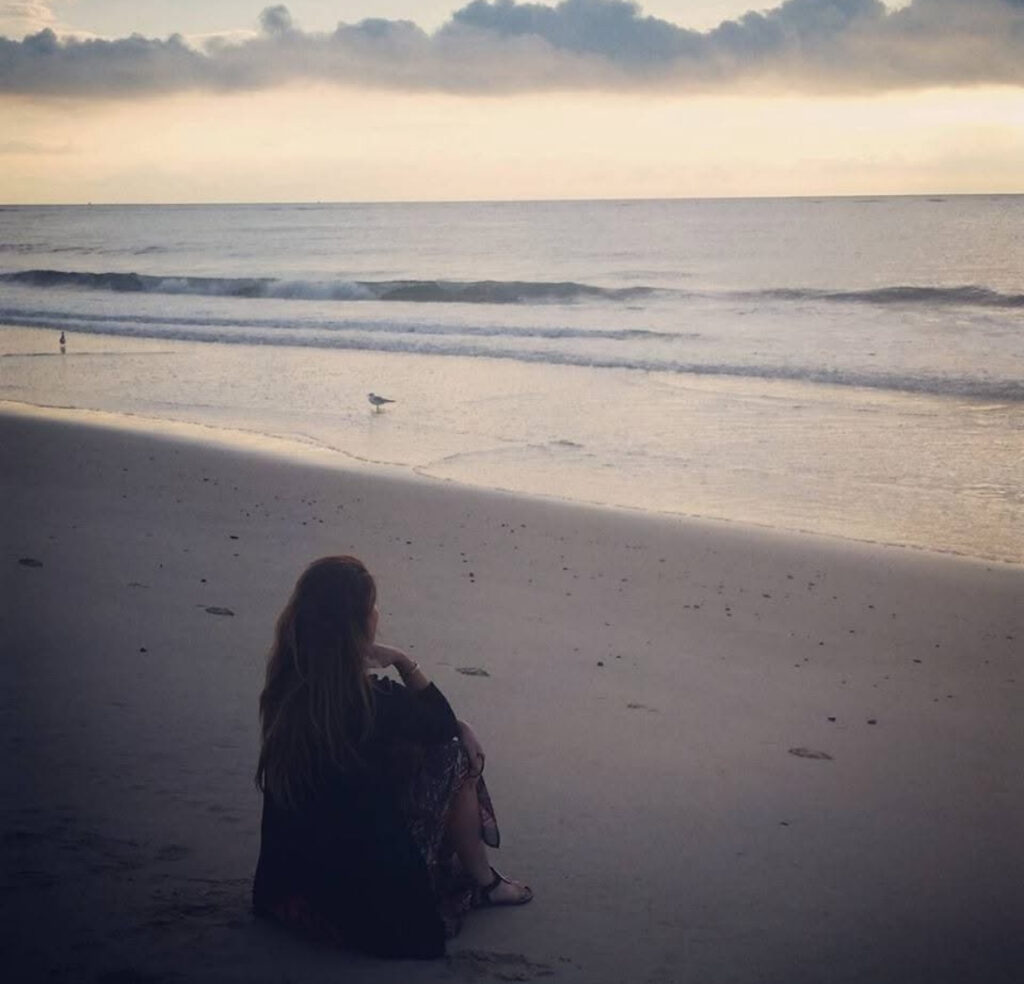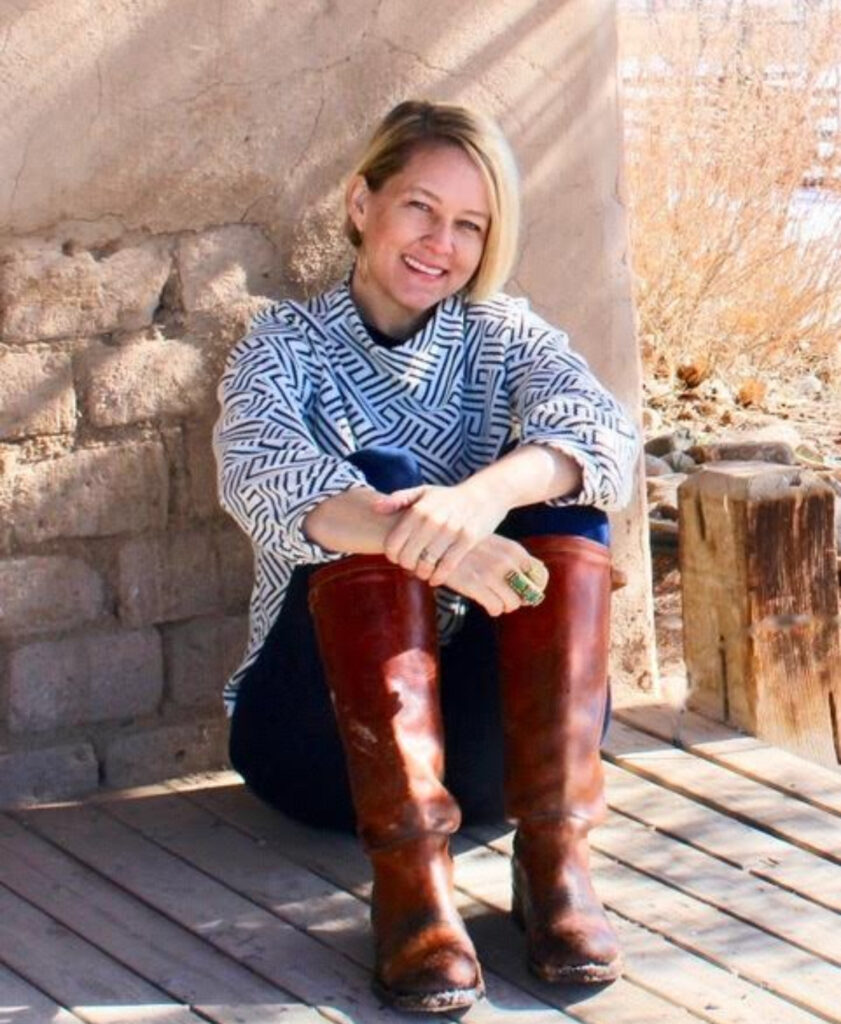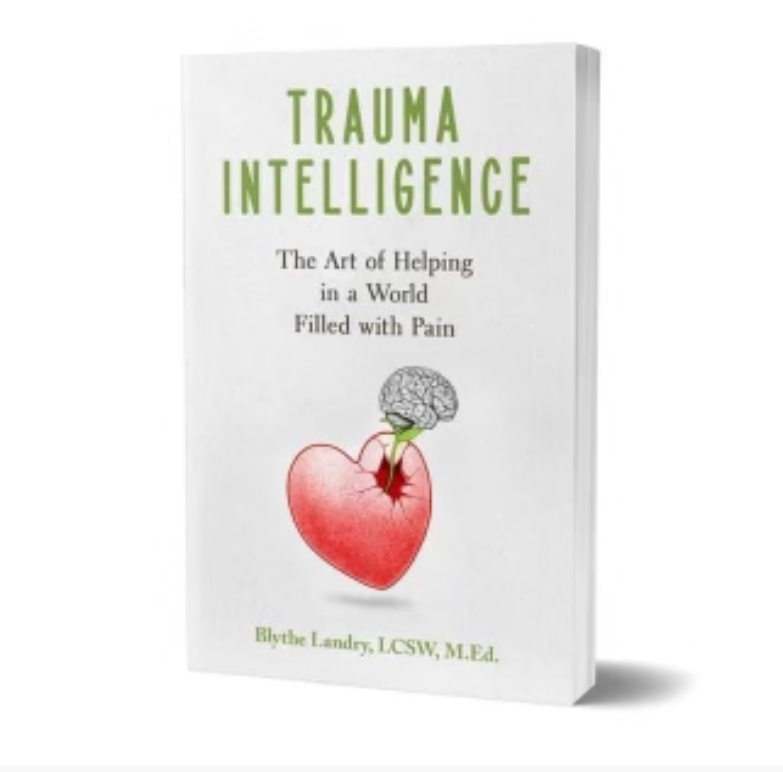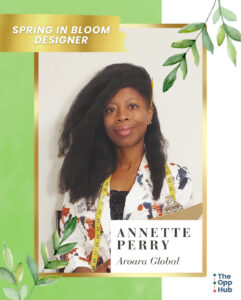
BY MELISSA BILLIE CLARK
Grief can occur at any time or anywhere. Memories can inevitably appear as we reminisce, especially during the holiday season.
Grief can be a variety of circumstances; when we think of grief, we automatically think of the death of a loved one. However, grief comes in all sorts of forms, and it does not discriminate. Grief can touch people who are going or went through a divorce, estranged family members, caregivers, the loss of a job, and, of course, losing someone special. We can find strength and resilience in these challenging times in our shared experiences.
The Spring Creek Sun spoke with 25-year educator in trauma and grief focused therapist and coach, Blythe Landry, LCSW, M.Ed. Landry is not only a professional but also a woman who has experienced significant loss, having lost nine people in six years.

SCS: Why is it essential to actively listen to those who are grieving?
BL: When we speak too much, it makes the person feel like we’re trying to fix something, and this is not something we can fix for another person; they have to go through this themselves. That doesn’t mean if you’re a professional and can’t offer tools, but you should be offering only a few tools as a friend. Another important thing to remember is when one person loses a mom, another person loses a mom, or one person loses a child, and another person loses a child. Still, it doesn’t mean we know the other person’s feelings because every relationship is different. Everybody’s melody is different. Everybody’s understanding of death or past death and what happens varies, including everybody’s mental health. And so how we process things has to do with who we are, the relationship that we have with the person, what they meant in our world, the frequency of them in our world, and the longevity of them in our world, as well as our way of perceiving the world. The other thing you want to do is not give people colloquialisms such as, at least, they’re in a better place. At least they didn’t suffer. You had them for so long. We know these things, right? But at the moment, what it does is it makes the person feel like you don’t want to be bothered. It’s not intentional for most people to make someone feel that way, but that’s the message that comes across.
SCS: Blythe, how can we support someone who is grieving during the holidays?
BL: Things that we can do are not comparing loss. Try not to make our grief the center of the conversation when it’s someone else’s turn. A lot of people withdraw themselves, when they need help the most, they need people reaching out to them. Reach out, even if it’s just to say, I’m dropping food off, or I’m coming to give you a hug. You are informing them of what you’ll be doing to help them instead of asking them what they need, because a lot of people in grief don’t know what they need.
They don’t know how they’re feeling sometimes. It’s best to avoid minimizing by saying things like, you can meet another husband, get another pet, or have more children. Which people say these things or don’t minimize them by age differentials? We know that losing a child is catastrophic, but I know people who are traumatized by the loss of a grandparent. I know quite a few people who are; we tend to minimize those things in our society. By saying, well, you know, they were grandparents; they were going to die anyway. Well, that’s not how the person feels.
SCS: Can you explain the five stages of grief? Denial, Anger, Bargaining, Depression, Acceptance
BL: Elizabeth Kübler-Ross, an author and psychiatrist, developed the five stages of grief. The original book was called “On Death and Dying.” These stages were researched and only meant to be applied to those who find out that they are terminally ill. And if you have loved anyone who has been terminally ill; they absolutely apply. However, they were never meant to be applied to any and all other types of losses. But because we have such a lack of appropriate language and seasoned practices for supporting all other types of grief/loss; people started trying to fit themselves into these stages to “figure out” their grief. This has caused many people to feel like “failures” in their grief because they don’t “fit in a box” that was never intended for them in the first place.
Unfortunately, our society does not educate us about grief. I hold two master’s degrees—both in service professions, one of which is in therapy—and yet no one mentioned the concept of grief during my education. The grieving process varies for each individual, and there is no one-size-fits-all answer to how it unfolds is absolutely not helpful and, at its worst, totally harmful to the griever.

SCS: How can we be kind to ourselves when we lose someone close to the holidays?
BL: Typically, when people die close to the holidays, the family is often still in shock. When the second holiday rolls around, it’s like, wait a minute; they’re not coming back. And as a society, we also put so much pressure on ourselves during the holidays. It’s almost as if the person feels obligated to engage; they must buy gifts, make dinner, see family, and sometimes it’s OK to say, I can’t do that right now. It’s OK to be alone, and sometimes we have to shift the family dynamic, which is not easy because many people who are caregivers or loving humans don’t want to disappoint others.
To learn more about Blythe’s work, please visit her website blythelandry.com
This article is lovingly dedicated to the Powers / Doll family. Rest Easy, Dear Dr. Kelly Powers Doll. See you on the runway.



